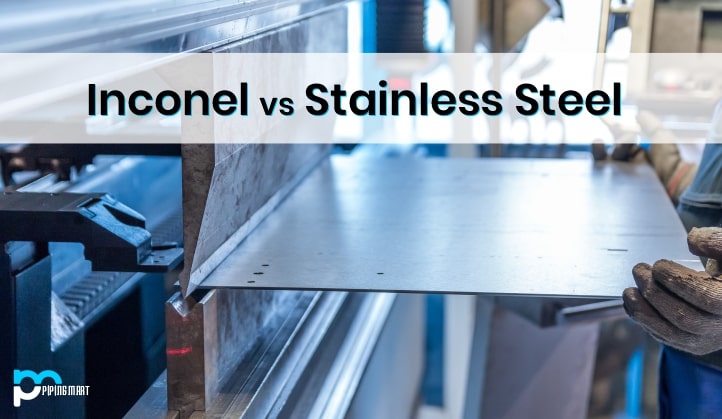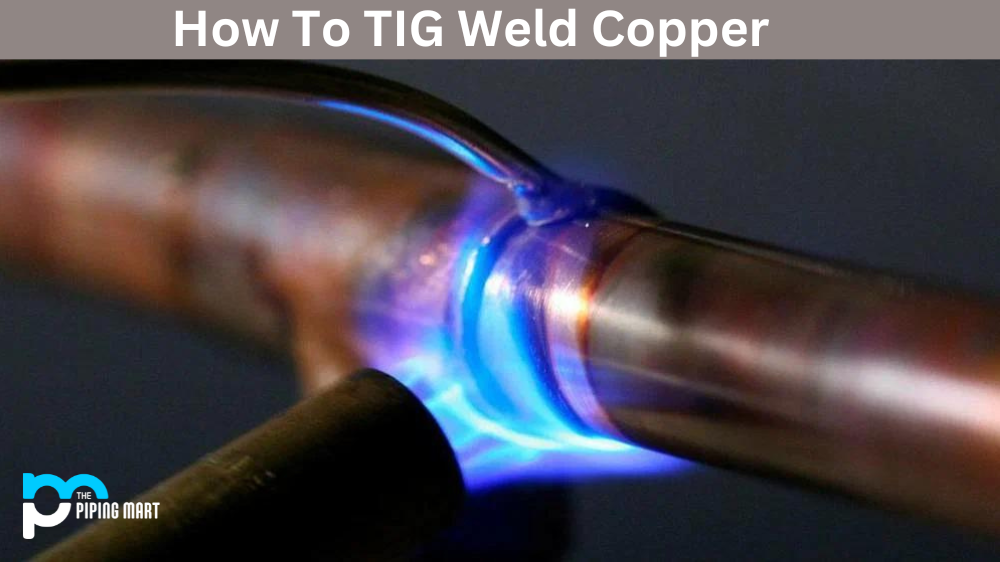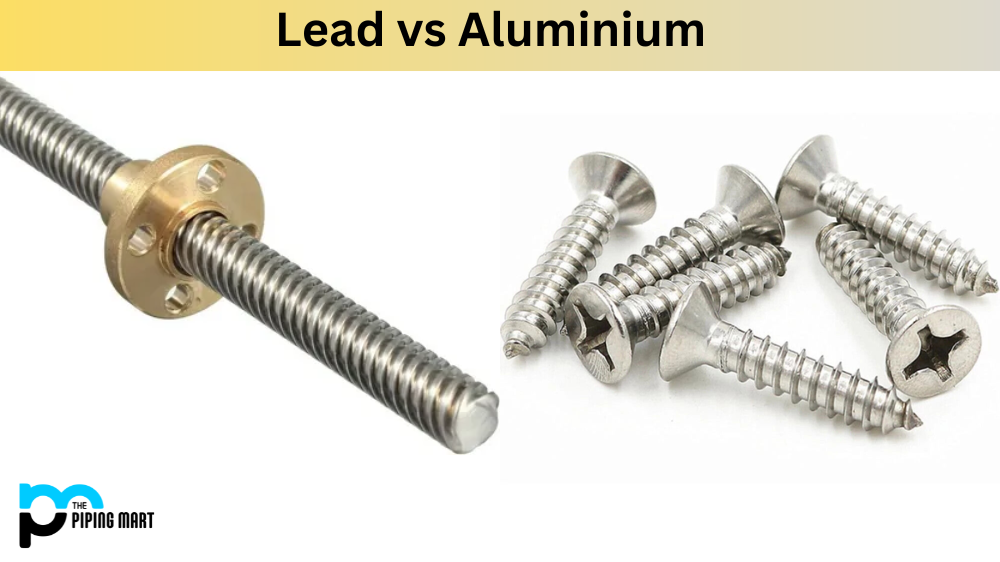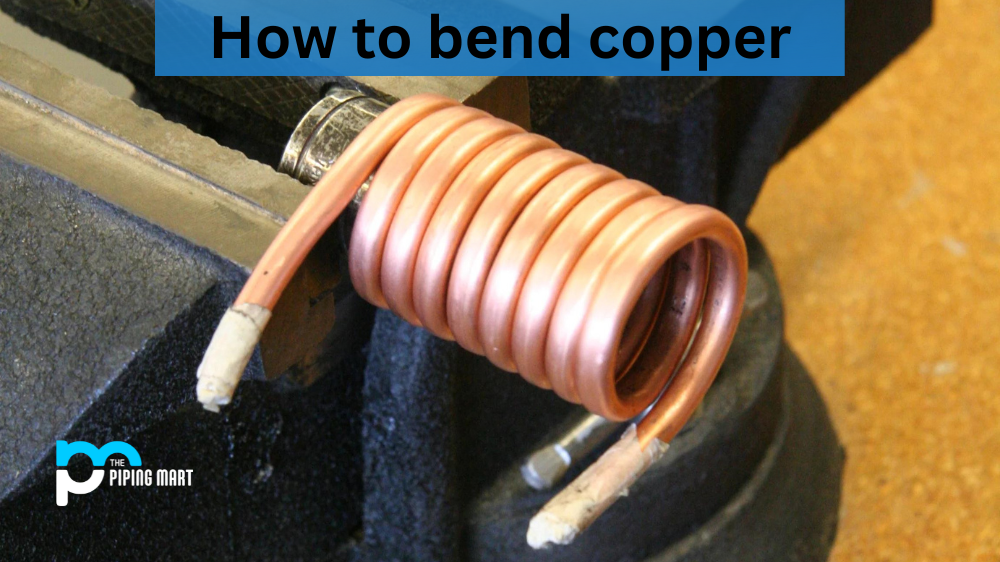Most of the customers want their unique wire forms to have the absolute strongest metal available. This often leads to two separate metals being compared — such as, “Is Inconel a type of stainless steel?” (It’s similar but different) and, “Is Inconel stronger than steel?” The answer is: “Stronger” depends on what you consider. Strength can be evaluated by tensile strength, resistance to corrosion, or even resistance to melting.
What’s the difference?
Inconel alloy is a much costlier alloy than stainless steel alloys, for one thing. At high temperatures, Inconel has much better resistance to corrosion and pressure. Nevertheless, steels such as stainless 17-4PH will have a higher strength than Inconel at lower temperatures. The key determining factor is cost, temperature, and strength when deciding between the two different alloys. If there is a need for a lower cost but a relatively strong component, stainless steel is probably the way to go. Inconel is a much better alloy for that application if an air-critical part is needed with high temperature requirements.
Why Comparing Inconel Vs Stainless Steel Can Be Complicated
It is important to remember that there are different formulations for each when comparing stainless steel vs. Inconel. The stainless steel versions have drastically different tensile strength, recommended operating temperature and corrosive resistance. For example, stainless steel grade 316 appears to have better chlorine resistance than stainless steel grade 304 (but it also has an average higher cost).
In addition, some methods of treatment and shaping can influence a metal’s tensile strength. For example, the tensile strength of an Inconel 625 ® “as-rolled” bar is 120-160 ksi (827-1103 MPa), while the tensile strength of a “Solution-Treated” bar is 103-130 ksi (714-896 MPa).
It may be noted that rather than a specific number, a range is given for both ratings of tensile strength. That is because a metal’s strength can differ greatly depending on the exact ratio of components in it — a slight change in the content of carbon, nickel, or iron can drastically change the strength of the final product.
Here’s a quick comparison between Inconel and SS to know which is stronger:
| Inconel 625 | 304 Stainless Steel | |
|---|---|---|
| Tensile Strength | 103-160 ksi (714-1,103 MPa) | 73.2 ksi (505 MPa) |
| Melting Point | 2,350-2,460°F (1,290-1,350°C) | 2,550-2,650˚F (1,400-1,455˚C) |
| Operating Temperature | 1,800°F (982°C) | 1,697°F (952°C) |
| Corrosion Resistance | Resistant to oxalic acid and high-temperature oxidation | Excellent all-around resistance —though it’s vulnerable to chlorides and high-temp oxidation |
Inconel 625 has a higher tensile strength than stainless steel grade 304 and does a better job at higher operating temperatures to maintain that strength.
However, the operating temperature limit is higher for 304 SS, the Inconel 625 has lower melting point. This is because Inconel has more oxidation resistance and scaling at high temperatures than stainless steel.
Specific chemicals, however, may be more resistant to stainless steel than to Inconel — such as sulfuric acid. Therefore depending on the specific application for which they will be used, the choice of these two metal alloys to be used.
For heat treatment applications and other high-temperature processes, Inconel alloys tend to be better. In the meantime, for use in sterile manufacturing, medical applications and corrosive applications, SS alloys are often a better choice.

Pipingmart is B2B portal specializes in industrial, metal and piping products. Also, share latest information and news related to products, materials and different types grades to help business dealing in this industry.




